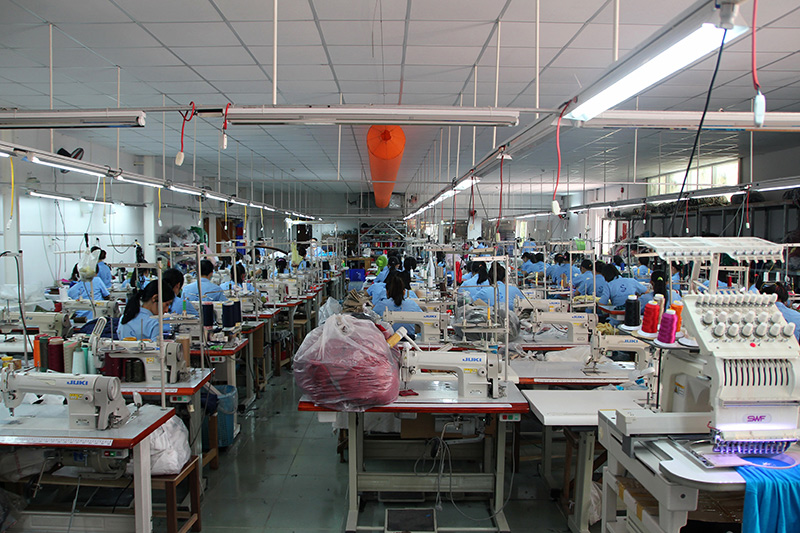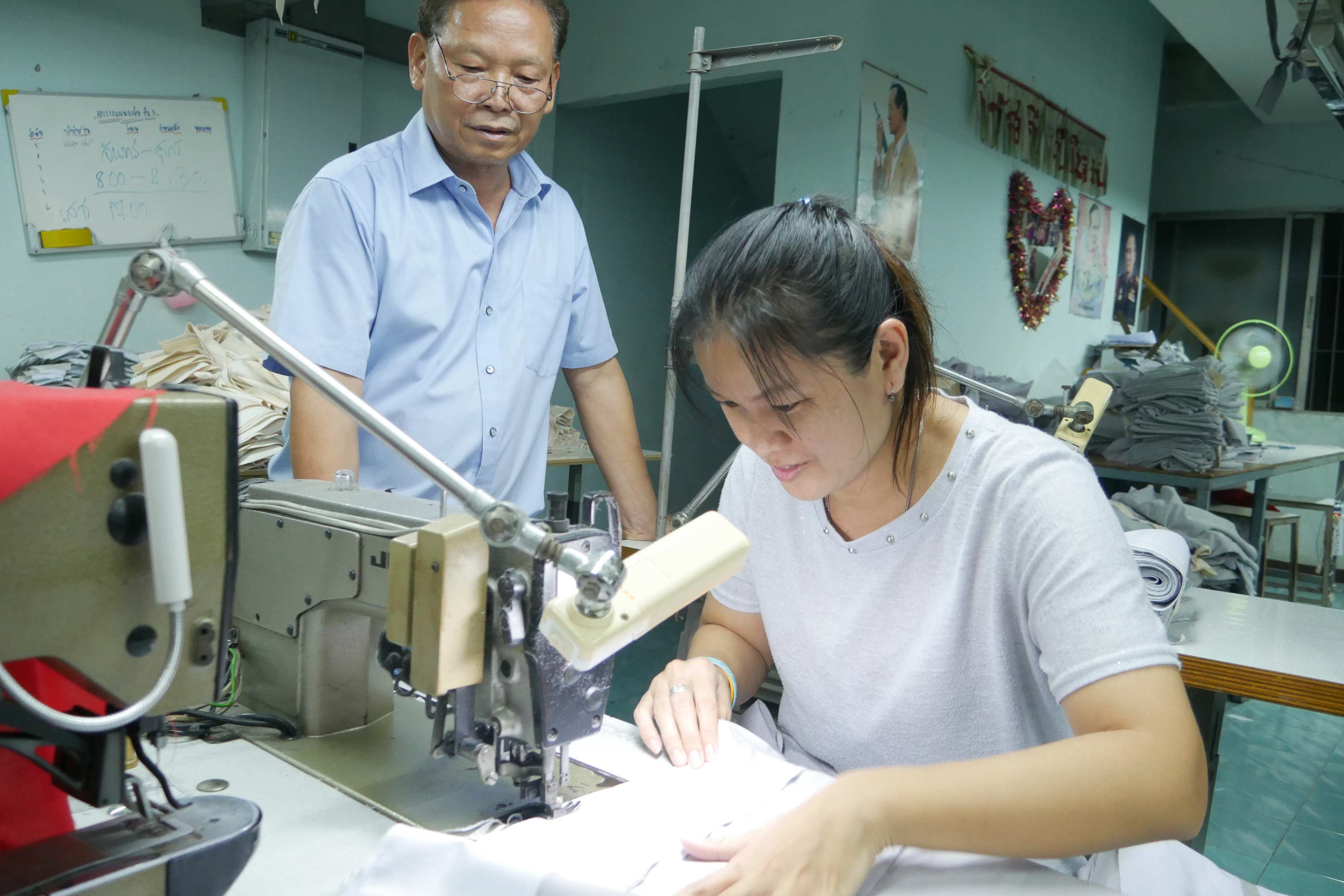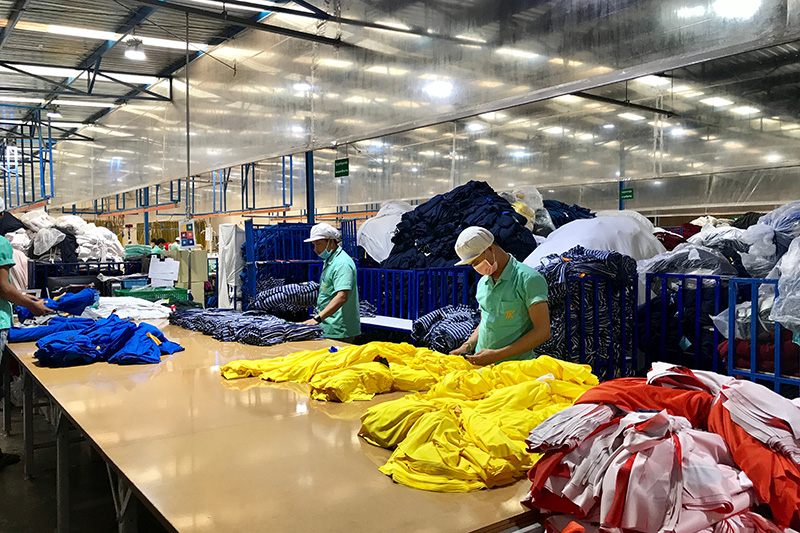Introduction
Providing key managerial insights from research on assessing and improving working conditions in supply chains.
Most Recent Insights

Untangling Drivers for Supplier Environmental and Social Responsibility: An Investigation in Philips Lighting’s Chinese Supply Chain
June 2021By: Verónica Villena, Miriam Wilhelm, Cheng-Yong Xiao
Electronics suppliers in China have fewer environmental and labor violations when they face more regulatory scrutiny or are trained in lean management.

Can Brands Claim Ignorance? Unauthorized Subcontracting in Apparel Supply Chains
April 2021By: Felipe Caro, Leonard Lane, Anna Saez de Tejada Cuenca
Unauthorized subcontracting in apparel factories occurs more frequently when previous orders were subcontracted, buyers exert pricing pressure, a brand is not well known, and lead times are longer.

Manage the Suppliers That Could Harm Your Brand: Know When to Avoid, Engage, or Drop Them
March-April 2021By: Jodi Short, Michael W. Toffel
Six factors improve working conditions in global supply chain factories, and six design elements lead to more accurate and comprehensive audits of working conditions.

Political CSR at the Coalface: The Roles and Contradictions of Multinational Corporations in Developing Workplace Dialogue
March 2021By: Juliane Reinecke, Jimmy Donaghey
Multinational corporations can act as guarantors, enforcers, and capacity-builders when it comes to the implementation of worker participation committees in their supplier factories.

Working Conditions and Factory Survival: Evidence from Better Factories Cambodia
February 2021By: Raymond Robertson, Drusilla Brown, Rajeev Dehejia
This study finds no evidence that improving compensation and health & safety heightens risk of plant closure – and that improving compensation may actually increase plant survival.

How Transparency into Internal and External Responsibility Initiatives Influences Consumer Choice
February 2021By: Ryan W. Buell, Basak Kalkanci
Providing transparency to reveal a company’s internal social/environmental responsibility practices can increase sales more so than providing transparency about its external responsibility initiatives.
